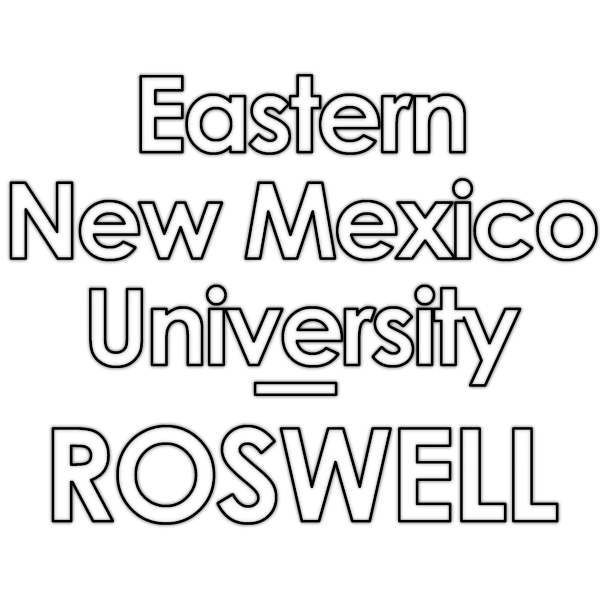About our Medical Assisting Program
The Certificate of Occupational Training program is three semesters (38 credits) beginning in the fall semester and ending with a practicum in a physician’s office in the summer semester. Students can also receive an Associate of Science degree by completing the certificate requirements and then taking another 26 credits for two additional semesters.
Medical Assistants are multi-skilled health professionals specifically trained to work in physician’s offices performing administrative and clinical duties. Accredited by the Commission on Accreditation of Allied Health Education Programs (CAAHEP), this course of study offers the student an opportunity to earn a certificate in medical assisting and be eligible to take the CMA (AAMA) exam to become a Certified Medical Assistant.
Accreditation
The Medical Assisting Program is accredited by the Commission on Accreditation of Allied Health Education Programs (www.caahep.org) upon recommendation of Medical Assisting Education Review Board (MAERB)
Commission on Accreditation of Allied Health Education Programs
9355 113th St. N, #7709Seminole, FL 33775
Phone: 1 (727) 210-2350
https://www.caahep.org/
Program Outcomes: 2022
| Stats | |
|---|---|
| RETENTION | 77.78% |
| JOB PLACEMENT | 77.78% |
| EXAM PASS RATE | 66.67% |
Mandatory Drug Screening and Background Check
Additionally, students will be expected to meet health history, immunization, and background check requirements.
Program Learning Outcomes
- Outcome: Demonstrate clinical skills including vital signs, heights, and weights, ECGs, visual and hearing testing, spirometry, and administering injections.
- Benefit: Students who master these skills will be equipped to assist healthcare providers effectively in diagnosing and treating patients. This proficiency enhances patient care and contributes to the smooth functioning of a medical office or clinic.
- Outcome: Prepare a patient for an office procedure or surgery using sterile technique.
- Benefit: Students will understand the importance of infection control and patient safety, ensuring that medical procedures are conducted with the highest standards of hygiene. This knowledge fosters professionalism and instills confidence in patients and healthcare providers alike.
- Outcome: Apply critical thinking when taking a patient history.
- Benefit: Developing critical thinking skills enables students to gather relevant information, identify potential health concerns, and communicate effectively with patients. This skill not only enhances the quality of patient care but also prepares students to adapt to various clinical scenarios they may encounter in their careers.
- Outcome: Manage administrative duties including scheduling appointments, routing phone calls, filing insurance claims, posting payments, and preparing and sending patient statements.
- Benefit: Proficiency in administrative tasks ensures efficient office operations, allowing medical assistants to contribute to the smooth flow of patient care. By mastering these skills, students enhance their employability and contribute to the overall success of healthcare facilities.
- Outcome: Demonstrate proper methods of venipuncture and waived lab testing.
- Benefit: Mastery of venipuncture and lab testing techniques enables medical assistants to assist with diagnostic procedures and laboratory testing, facilitating accurate diagnosis and treatment for patients. Additionally, these skills enhance the versatility of medical assistants, making them valuable assets in various healthcare settings.
By achieving these program learning outcomes, students not only acquire the knowledge and skills necessary to excel in their roles as medical assistants but also contribute to the delivery of high-quality patient care. This comprehensive preparation prepares them to enter the profession with confidence and competence, ensuring their success and fulfillment in their chosen career path
Positions you could obtain as a Certified Medical Assistant
- Clinical Medical Assistant: These assistants work directly with patients, performing tasks such as taking vital signs, preparing patients for examinations, assisting with minor procedures, and administering medications under the supervision of a physician or nurse practitioner. They may work in physician’s offices, clinics, or outpatient care centers.
- Administrative Medical Assistant: Administrative medical assistants primarily handle clerical duties in medical offices, such as scheduling appointments, managing electronic health records, billing and coding for insurance purposes, answering phones, and handling correspondence. They play a crucial role in ensuring the smooth operation of healthcare facilities.
- Specialty Medical Assistant: Some medical assistants specialize in specific areas of medicine, such as dermatology, pediatrics, cardiology, or orthopedics. In these roles, they may perform specialized clinical procedures relevant to their area of expertise and assist physicians with patient care tailored to the specialty practice.
- Medical Office Manager: Experienced medical assistants may advance to managerial roles where they oversee the administrative and clinical operations of medical practices. They may be responsible for staff scheduling, budgeting, regulatory compliance, and implementing office policies and procedures.
- Medical Assistant Instructor: Certified medical assistants with extensive experience and additional education may pursue careers as instructors in medical assisting programs. They teach students the necessary skills and knowledge required to become competent medical assistants, helping to shape the future workforce in healthcare.
- Hospital or Clinic Coordinator: In larger healthcare facilities, medical assistants may work as coordinators, overseeing specific departments or programs. They may be responsible for coordinating patient care, managing staff schedules, and ensuring compliance with regulatory requirements.
- Healthcare Technician: In addition to traditional medical assistant roles, CMAs may find opportunities as healthcare technicians in settings such as laboratories, outpatient surgical centers, or urgent care facilities. Here, they may perform specialized diagnostic tests, assist with procedures, or provide patient education and support.
These are just a few examples of the many job opportunities available to certified medical assistants. The versatility of their training and certification allows them to pursue diverse career paths within the healthcare industry, providing ample opportunities for growth and advancement.

